There’s a seemingly infinite amount of anime content to explore, which can be both exciting and daunting. Keeping up with every new anime series is near impossible, but there are plenty of people who specifically focus on a certain genre. Shonen series, which are typically action-adventure programs for a younger male demographic, represent some of the most popular anime hits.
There’s so much shonen content out there that it’s difficult to decide which series are worth the commitment and which are overrated mixed bags. A lot of overrated shonen series exist, but just because they have an inflated reputation doesn’t mean that they’re a complete waste of time or don’t have any strengths.
10 Dragon Ball Z Indulges In Shonen Staples For Better & For Worse

Akira Toriyama’s Dragon Ball Z is destined to be one of the biggest shonen series of all time and it’s largely responsible for popularizing the genre in North America. Dragon Ball Z doesn’t disappoint when it comes to shonen staples. The series is dense in brutal battles and powerful transformations, but it’s far from perfect.
Many of the problems that audiences have with shonen series, like pacing and repetition, are present in Dragon Ball Z. Even the remastered version of the series that removes more than 100 episodes, Dragon Ball Z Kai,is a slog for some to get through despite being much more manageable.
9 Black Clover Suffers A Major Protagonist Problem During Its Start

Black Clover eventually sticks its landing after 170 episodes, but the sudden conclusion surprised many fans who were expecting this magical saga to last for hundreds of episodes. Black Clover pulls from many effective shonen tropes as it follows Asta and Yuno, two friends who are driven to be the next Wizard King, yet are pulled in contrasting directions.
Asta is an acquired taste when Black Clover begins and his exuberance is the show’s biggest challenge early on. Black Clover perhaps takes longer than it should with Asta’s maturity, but it eventually pushes him into confidence. Many audiences jump ship early on in Black Clover, which is a shame since the strongest material is in its final act.
8 Fairy Tail Loses Its Magic Through A Problematic Protagonist But Still Taps Into Greatness

Fairy Tail is a robust shonen adventure that delivers more than 300 episodes and two feature films, but it takes a lengthy amount of time for Fairy Tail’s strongest qualities to come forward. The biggest burden for shonen series is an unsuccessful protagonist that turns an exciting adventure into a chore and Natsu Dragneel from Fairy Tail makes a controversial first impression.
Natsu’s attitude and enthusiasm remain a work in progress throughout Fairy Tail’s run. However, the supporting characters shine and there’s some genuinely engaging combat and battle choreography that drives the action forward.
7 Sword Art Online Stumbles Through A Rough Start & Pacing Problems

Sword Art Online features elements of the isekai genre once Kirito and Asuna get transported to a virtual MMORPG-like world. However, their mission to rid 100 floors of their threats and take down the world’s ultimate evil is pure shonen theatrics.
Sword Art Online fluctuates in quality across its run, beginning with regrettable exposition and pacing problems that seriously compromise the anime’s early episodes. Sword Art Online does eventually hint at interesting ideas and a complex relationship between its lead characters, but too much waste needs to be waded through first.
6 Food Wars!: Shokugeki No Soma Finds The Right Ingredients For A Satisfying Shonen Subversion

Food Wars!: Shokugeki no Soma has produced more than 85 episodes across five seasons of television and it remains one of the first major food-based anime. Shonen series always follow a plucky protagonist who dreams of blazing trails in his respective field, but in the case of Food Wars’ Soma, this means that he wants to be a world-renowned chef.
Food Wars effortlessly combines heightened battle shonen series with food preparation and it’s a surprisingly fun blend. Soma’s quest does get repetitive at times and some seasons are weaker than others, but Food Wars still carries a unique flavor that makes it worth the effort.
5 Naruto’s Strenuous Adventure Remains A Highlight Of Shonen Storytelling

One of Shonen Jump’s prestigious Big Three, there are more than 700 episodes between Naruto and its sequel series, Naruto: Shippuden. The remarkable journey of Naruto Uzumaki and the rest of his comrades as they mature into prolific ninja is sure to keep audiences on the edge of their seats.
Unfortunately, there are extended stretches of Naruto that are either unnecessary filler or pale in comparison to the rest of the series. Naruto isn’t flawless, but the anime’s strengths still more than outweigh its faults. The regressive storytelling that’s the norm in Boruto: Naruto Next Generations makes it easier to appreciate Naruto’s originality.
4 One-Punch Man Is Style Over Substance With A Gag That Wears Thin

A switch between animation studios between seasons isn’t always a downgrade, but it also highlights the importance of a show’s visual language. One-Punch Man is a heightened parody of the overwrought superhero genre and the anime’s titular protagonist is someone who’s exhausted by his hyperbolized strength.
Saitama’s ambivalence combined with the stunning battle choreography and animation from Madhouse make One-Punch Man’s first season a must-watch. Season two switches over to J.C. Staff and the difference in animation quality is staggering. One-Punch Man still has entertaining characters and a quirky sense of humor, but much of what made it special is now absent.
3 Akame Ga Kill! Falls Short Of Perfection With Its Clunky Conclusion

There are some highly inspirational shonen anime where underdogs wage war against corrupt empires and never worry about the impossible odds that are against them. Akame ga Kill! accomplishes a lot in its 24-episode run as Tatsumi infiltrates the Night Raid to lead their siege against society.
Akame ga Kill! kicks off a compelling story and committed characters. Unfortunately, the anime adaptation crafts an original ending that rushes the show’s themes and is deeply disappointing. This lackluster finish doesn’t turn Akame ga Kill! into a tainted property that should never be watched, but it’s also a lot harder to consider it a classic.
2 There’s No End In Sight For Pokémon With More Than 1000 Episodes To Its Name

Pokémon is an extremely rare property that successfully connects on every level, regardless of whatever medium it decides to tackle. Pokémon’s origins go back to a 1990s video game, but there’s just as much celebration that surrounds the corresponding anime series. There are more than 1000 episodes and nearly two-dozen feature films that make up the broader Pokémon anime.
Pokémon admittedly skews younger and is frequently episodic as it shines a light on different creatures from the series. However, Ash, Pikachu, and the rest of their party continue to deliver nostalgic adventures that are hard to deny, even if they’re not groundbreaking.
1 Bleach’s Suspenseful Soul Reaping Can’t Find Its Way Out Of Endless Filler

Bleach is another one of the representative shonen series that held the honor of being one of Shonen Jump’s Big Three. This ultimately makes it more depressing that Bleach goes so radically off course and reaches an unsatisfying finish. Ichigo Kurosaki and his dangerous development as a Soul Reaper start off with such potential.
However, Bleach suffers from unnecessary filler over the course of its 366 episodes, which throws the narrative so off course that it’s impossible for it to properly recover. Bleach will finally conclude its story in 2021 with the Thousand-Year Blood War arc, which will at least provide closure to a series that’s deserving of such.
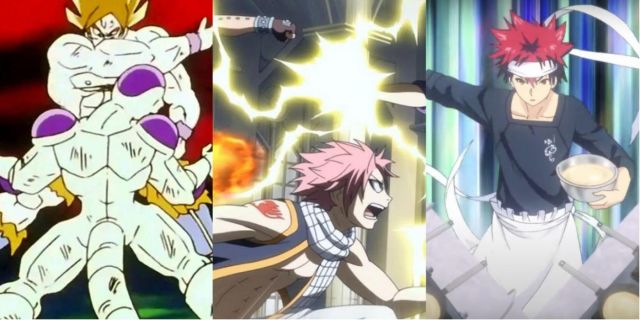
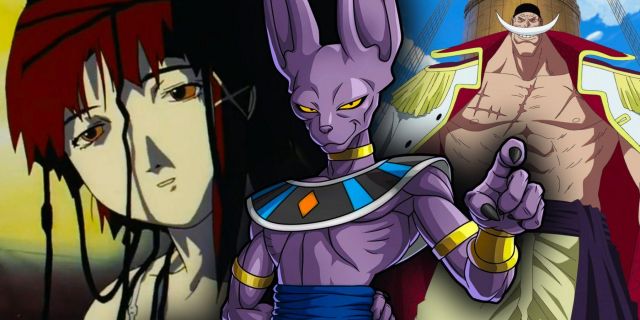
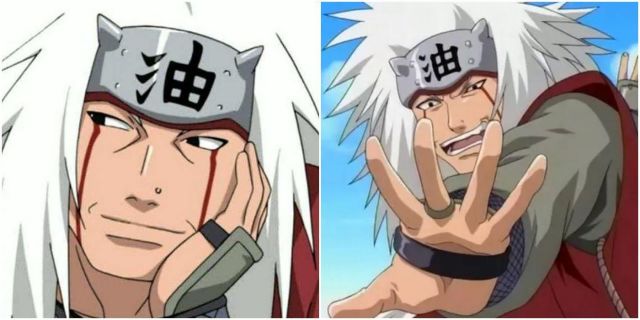
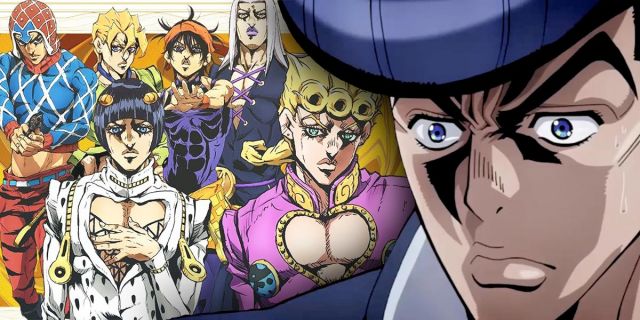
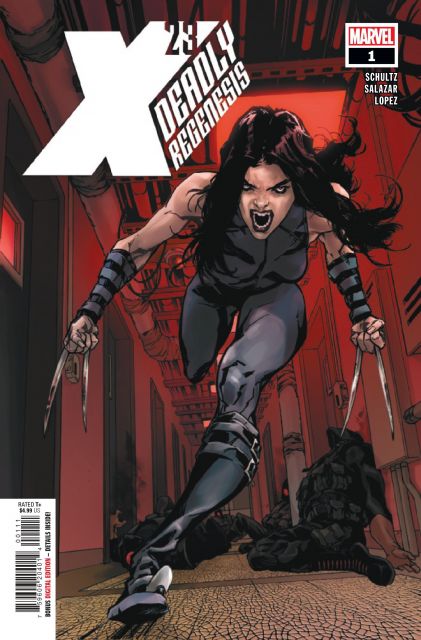
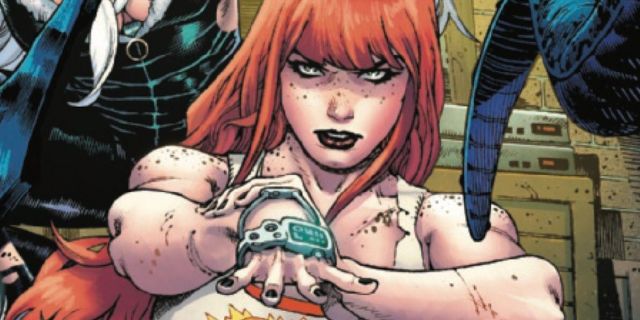
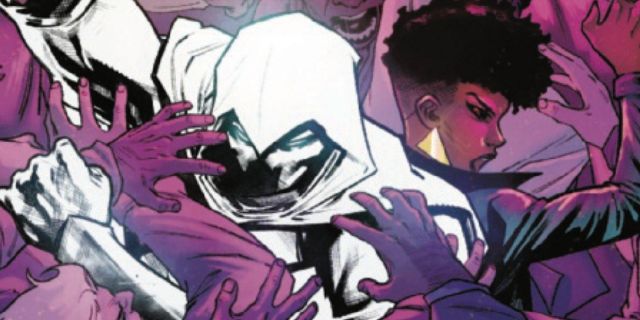
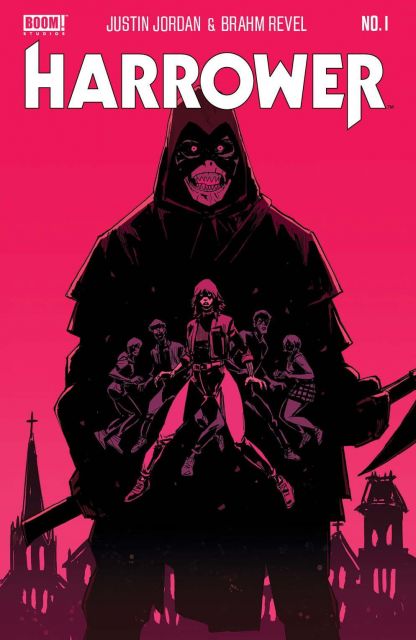
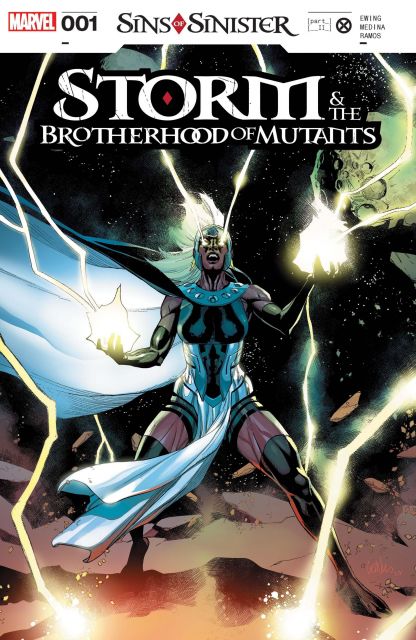
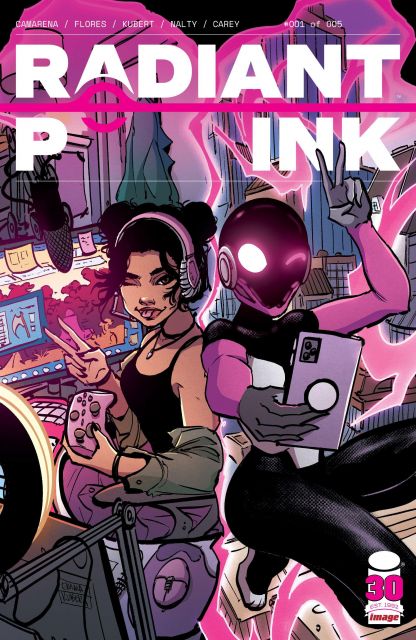
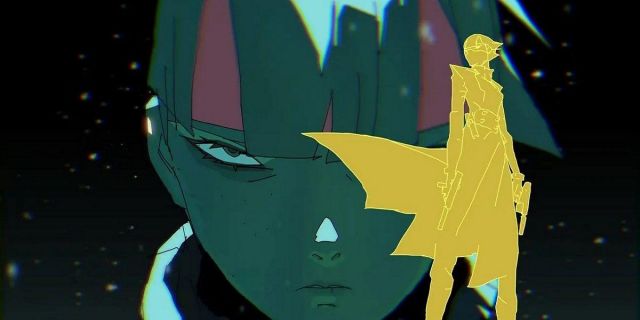




Leave a Reply